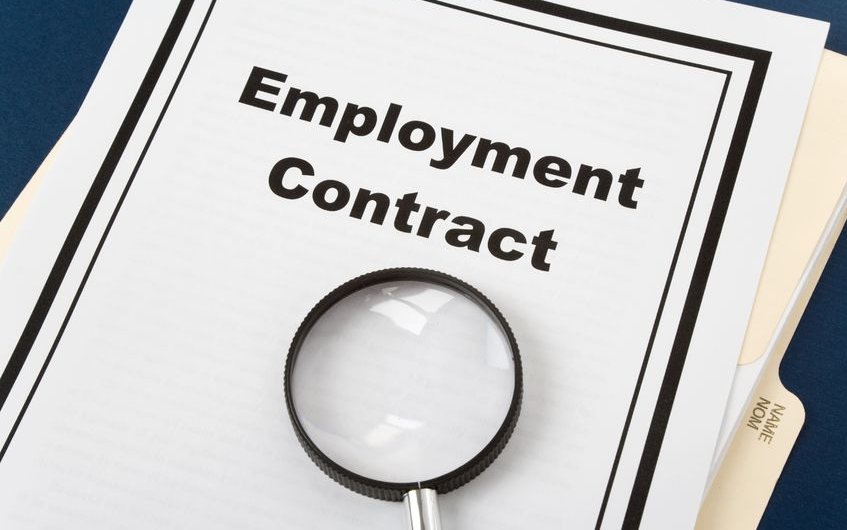When a business commences trading in the UK, they will soon discover that corporation tax is one of the most important taxes they’ll have to calculate and pay. Here, we explore corporation tax in the UK.
What is Corporation Tax
Corporation tax is paid by UK limited companies and some other organisations. It is based on the annual profits that a company makes. All profits are taxable however, certain specific expenses can be deducted, and there are allowances you can make use of to help reduce your tax liability.
Corporation tax specifically applies to the following for a limited company:
- Trading profits – earnings generated from doing business
- Investments
- Selling assets such as land, property, shares, and machinery for a chargeable gain
Corporation tax has to be paid by all UK limited companies. Sole traders and partnerships don’t pay corporation tax, instead, they have to fill out a tax return and apply income tax to their earnings.
There are, however, other organisations that may need to pay corporation tax despite not being incorporated as limited companies. These include:
- Housing associations
- Membership organisations
- Clubs and societies
- Co-operatives
The corporation tax main rate in the UK is set at 19% for all business profits. The rate will remain at this level for the next 2 years.
How to register for corporation tax and responsibility
When starting up through a limited company, you’ll need to register for corporation tax. You can do this through HMRC on the Gov.uk website. Details you’ll be asked to fill in include:
- Company name
- Registration number
- Your business start date (the start date on your company’s accounting period)
- The main address
- Type of business
- Name and home addresses of the directors
You have to do this within 3 months of commencing trade. It’s the duty of the company director to fill in the company tax return, file it, and then pay the bill. You can hire an accountant to do this on your behalf however, responsibility from a legal perspective still rests with a director.
When does corporation tax have to be paid?
The corporation tax filing deadline is different to other taxes. It has to be paid before you file your company tax return. This means the date it needs to be paid depends on your corporation tax accounting period.
You have to settle your corporation tax bill nine months and one day after the end of your accounting period from the previous financial year. If your accounting period ends on 31 December then your bill will be due on 1 October.
Tax Reliefs
The following are things you can explore to help you potentially reduce an organisations corporation tax bill.
1. Expenses
There are certain specific business expenses that help keep your business running, this means you can claim them by deducting them from your income when calculating your company profit. Consequently, you don’t pay tax on these items. Check out this post for a full list of HMRC allowable business expenses.
2. The Super Deduction
In the Budget 2021, the Chancellor announced the Super Deduction. If your business is allocating funds for investment then you could be entitled to this tax allowance. If that investment is in qualifying plant and machinery from April 1 2021 then you’ll benefit from a 130% write-off against your taxable profits for that expenditure.
3. R&D tax relief
If you develop new products, processes or services, or improve those that are already in existence whereby they lead to an advance in science or technology you could qualify for R&D tax relief.
Where this is the case and depending on if you qualify under the SME scheme, tax relief is provided in one of two ways. If your business is profitable then tax relief is provided in the form of an enhanced deduction from taxable profits at a rate of 130% of the qualifying R&D expenditure.
In instances where your business is loss-making, you can surrender all or part of the loss for a 14.5% repayable tax credit from HMRC. This means you can receive a cash payment from HMRC.
4. The patent box
If your business generates profits from patented products, services, or processes then you could reduce your tax liability. The Patent Box Tax Regime works by allowing you to lower your corporation tax liability to 10% for profits that can be attributed to patents that generate income in the UK and Europe.
5. The Annual Investment Allowance (AIA)
The AIA is a tax allowance for capital expenditure, namely the purchase of equipment in the form of tools and machinery. It works whereby you can deduct this specific expenditure, subject to a limit, from your taxable profits for the tax year.
6. Capital allowances on property
Capital allowances ensure capital expenditure can be expensed against your annual pre-tax income. You should therefore review the expenditure you’ve incurred on your commercial property to determine whether you qualify for capital allowances. This allows you to look back historically too as the claim doesn’t have to be made when the costs were incurred. This means you could claim missed allowances dating back several years.
7. Employee share schemes
You may be able to obtain a deduction in corporation tax if you make use of a qualifying employee share scheme. Be sure to seek advice on which schemes this applies to and which one is best suited to your business circumstances.
8. Training
Training and related subscriptions that are relevant to your business can be paid for by the company. This ensures your employees don’t then incur an income tax charge on this cost. For the company these costs are tax deductible.
9. A staff party
If you provide an annual staff party, say during the Summer or at Christmas, at a cost of up to £150 per head then this is tax free for your staff and tax deductible for the company. Such events are a reward to staff for their efforts, helping to build up employee brand loyalty.
10. Losses
Be sure to make use of loss reliefs where this is relevant. Depending on the losses, these can potentially be carried back to a previous year which generates a tax refund, or even used against future profits.
To learn more about Corporation Tax in the UK, contact one of our experts here.
The material contained on this website contains general information only and does not constitute legal or other professional advice and should not be relied upon as such. While every care has been taken in the preparation of the information on this site, readers are advised to seek specific legal advice in relation to any decision or course of action.






